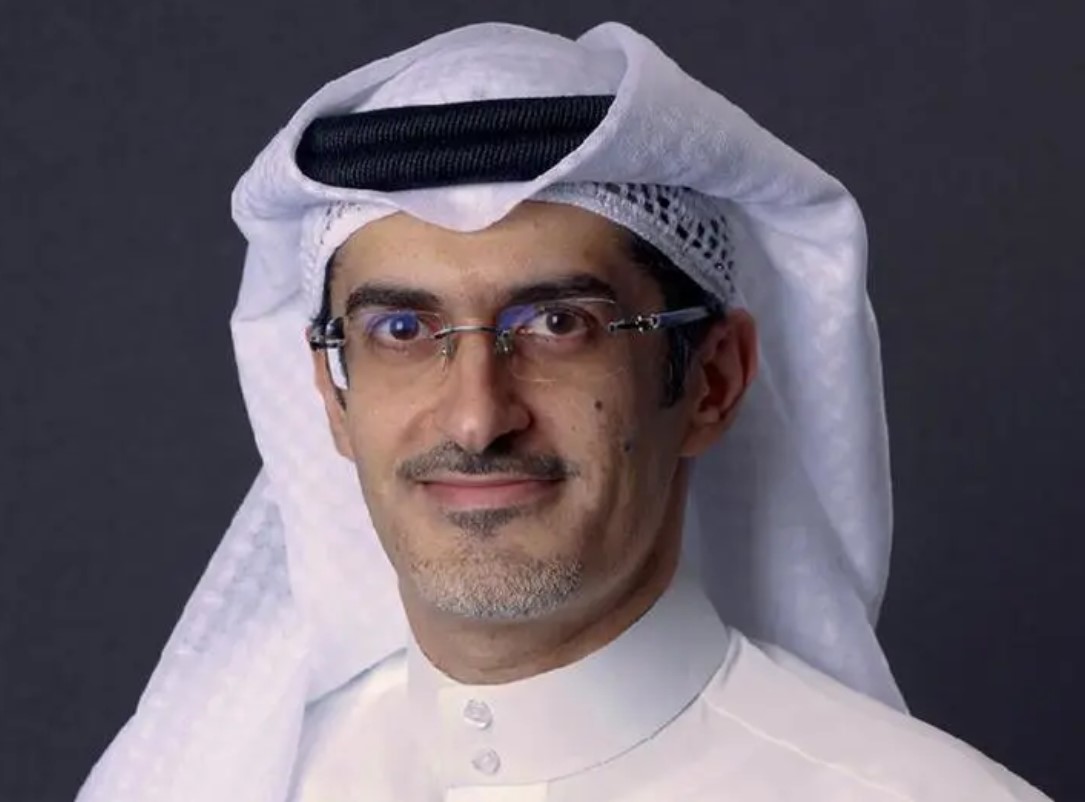Entrepreneurial spirit strongest among GCC youth, with majority (58%) saying it is easy to start a business in their country….reports Asian Lite News
The Arab world has a promising opportunity to promote youth entrepreneurship with nearly half of young Arabs saying they plan to start their own business in the next five years. This entrepreneurial zeal also reflects an increased preference to work for the private sector rather than the government.
These are some of the notable findings of the landmark 15th annual ASDA’A BCW Arab Youth Survey, the largest study of its kind of the Arab world’s largest demographic, its over 200 million youth, by ASDA’A BCW, the Middle East and North Africa’s leading communications consultancy.
Youth unemployment in the region is one of the highest in the world at over 26% with nearly one in three youth (32%) aged 15 to 24 not engaged in employment, education or training, according to a World Bank report. The United Nations observed that the region must create 33.3 million jobs by 2030 to absorb the large number of young people entering the workforce, a daunting task that Governments must take forward with urgency.
ASDA’A BCW commissioned SixthFactor Consulting, a leading research company, to conduct face-to-face interviews with 3,600 Arab citizens aged 18 to 24 in their home nations from March 27 to April 12, 2023.
The largest sample in the survey’s history covered 53 cities across 18 Arab states, including for the first time South Sudan. The interviews were conducted face to face rather than online to maximise accuracy and to reflect the nuances of Arab youth opinion across the region as much as possible.
Exploring Arab youth attitudes on their future careers, the survey found that 42% of young Arab men and women would like to start their own business in the next five years. This desire was strongest in the Gulf Cooperation Council (GCC) states (53%), followed by the Levant (39%) and North Africa (37%).
GCC youth were also more upbeat about their chances of going into business themselves, with 58% saying that starting a business in their country was ‘very easy/somewhat easy’. This compares with 79% of youth in the Levant and 73% in North Africa who said it was ‘very difficult/somewhat difficult’ to start a business in their country.
According to the research, tax breaks, reduced fees for startups, enhanced training and education, and government-backed loans would encourage more youth to become entrepreneurs. When it comes to their preferred industry, 15% of the sample said they wanted to start a business in the tech sector, followed by e-commerce (13%), the creative industries (11%), manufacturing (11%), real estate (10%), the food business (9%), and retail, hospitality and education (7% each).
Private sector jobs
One of the significant trends that the survey has documented over the years is the increasing preference of Arab youth for private sector jobs over a career in government.
Compared to nearly half of all respondents in 2019 who said that they preferred to work in the government sector, less than a third (30%) feel the same now. Meanwhile, a third (33%) of Arab youth said they would prefer to work in business, a 13% increase from 2022.
One in four (25%) young Arabs now say they want to work for themselves or their family, a slight decline since last year (28%), but a six-percentage point jump from 2019. Meanwhile, 11% said they preferred to work for a non-profit organisation.
Sunil John, President, MENA, BCW and Founder of ASDA’A BCW, said: “The fact that Arab youth are eager to start their own business is an encouraging sign, but it is also a natural response to the great difficulty in certain countries to find stable employment. Policymakers and the business community itself must do more to support those young men and women willing to do it alone.”
“Meanwhile, the increasing diversification of the GCC economies is casting the private sector in a positive new light,” John added. “This is a promising trend for the long-term sustainability of the regional economy and a potential source of jobs and opportunity for Arab youth outside the Arabian Gulf.”
“However, this growing interest in a business career must be matched by companies themselves, with recruitment and career development pathways introduced to empower the region’s rapidly evolving Arab national workforce,” John said.
In the coming weeks, ASDA’A BCW will publish insights under the three remaining themes covered in the study: My Identity, covering religion and issues of personal identity; My Aspirations, the hopes of young Arabs for the future; and My Lifestyle, highlighting their habits, pastimes, and the media they consume. Findings on climate change, mental health and gender rights will also be disclosed, making this year’s study the most extensive in the survey’s history. The overall theme of the 15th edition of the ASDA’A BCW Arab Youth Survey is ‘Living a New Reality’.














